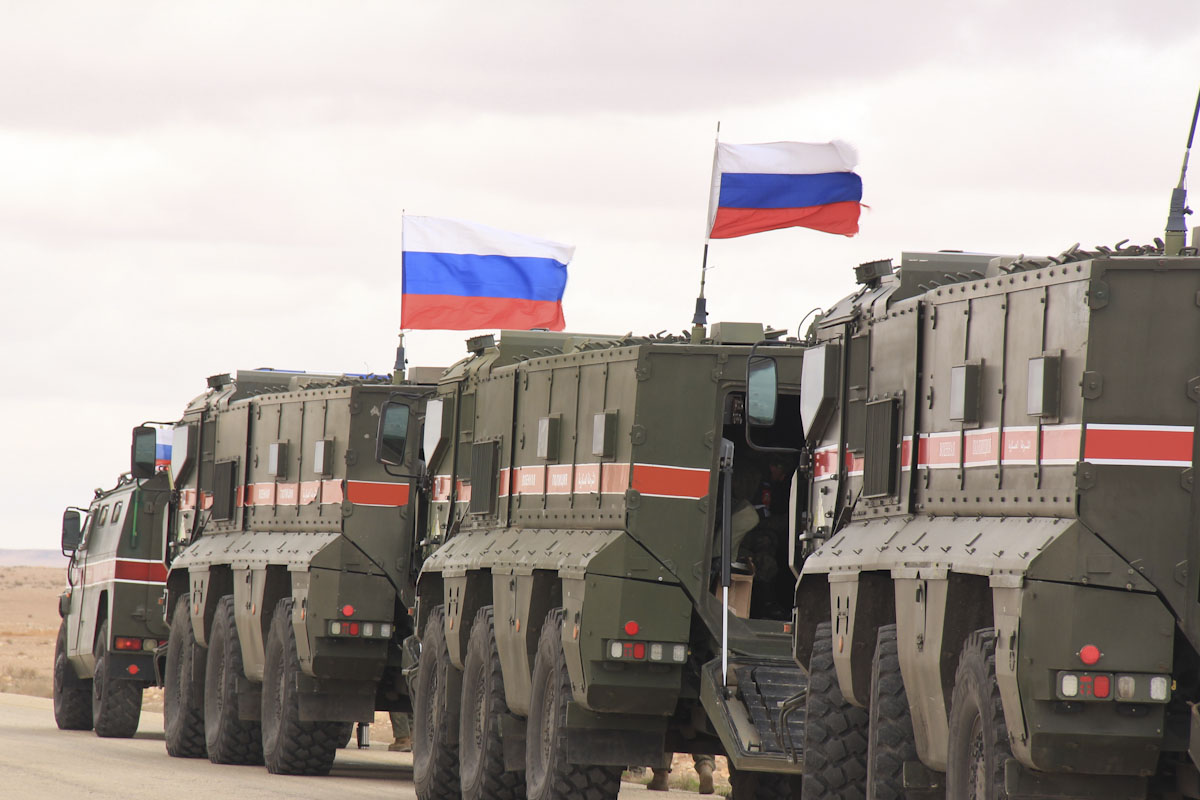Vladimir Putin, Russian President, arrived in the United Arab Emirates on October 15 to discuss issues related to both bilateral ties between the two countries, and the joint efforts in managing the crisis in the Mena region. Of course, a significant part of the visit was centered around economic relations between Russia and the Gulf states. Yuri Ushakov, President's assistant, has said, "The key component of the order of business of the high-level talks will be the trade-economic cooperation."
It could be argued that strengthening Russia's role as an 'honest broker' in the region is not the only subtle implication that Putin's visit to the Gulf states entails. Putin's decision to visit to the UAE could be a sign that Moscow acknowledges the UAE as reliable partner for peace and stability in the region.
Vladimir Putin, Russian President, arrived in the United Arab Emirates on October 15 to discuss issues related to both bilateral ties between the two countries, and the joint efforts in managing the crisis in the Mena region. Of course, a significant part of the visit was centered around economic relations between Russia and the Gulf states. Yuri Ushakov, President's assistant, has said, "The key component of the order of business of the high-level talks will be the trade-economic cooperation."
Despite the trade between the two countries amounting merely to $3.4 billion last year, Russia and the United Arab Emirates are nevertheless cooperating in an array of spheres, ranging from the purchase of Russian-made nuclear fuel, to the space sector where Moscow's assistance recently made it possible for the first Emirati astronaut to visit the International Space Station. With this visit, the two countries are expected to strengthen their bilateral ties even further.
However, it can be argued that discussing future economic relations between the two countries might not be the main purpose of this visit. This arrangement from Russia's part should be viewed in the context of the country's regional strategy in the Middle East, the core component of which is playing the role of an honest broker. Practically it entails maintaining positive relations with every player in the region, while at the same time refraining from aligning too close to either of them. So far, Russia has arguably been quite successful at maintaining this regional policy. Recent developments though could pose obstacles to this approach now.
The challengers to Russia's "honest broker" strategy in the region are mostly related to the recent developments in the Middle East and how they are being perceived by the Gulf states. On September 14, the largest Saudi-owned oil-processing facility endured a surprise attack, significantly (although briefly) reducing the country's oil extraction capabilities. Both Saudi Arabia and Washington did not hesitate to immediately put the blame on Teheran, which they regard as the greatest threat to regional security. Thus, Moscow has found herself in a rather difficult situation - she could either follow the example of Saudi Arabia and condemn Iran's actions or alternatively refrain from blaming Iran for the attack. Choosing either option would demonstrate Russia's favourability towards a certain party, thus damaging the whole regional strategy. Since Moscow has decided to go for the second option and urge not to blame Tehran until there was indisputable evidence of Iran's involvement, in the world's eyes Russia moved a bit further into 'Iran's camp', distancing herself from the Gulf states, which just adds up to the number of other cases where Russia took Iran's side in controversial situations.
In this context, the move to arrange a meeting with the leaders of the Gulf states could be viewed as an attempt to downplay Russia's diplomatic support for Iran and reassure Saudi Arabia and the UAE that despite Moscow's relations with Tehran, the latter is still far from being Russia's only partner in the region.
Moreover, in an interview to Al Arabiya, Putin has reaffirmed Russia's desire to facilitate a dialogue between the Gulf states and Iran, undoubtedly, with Moscow as the mediator. According to him, "In order to sort out the nuances and problematic questions, a dialogue is to be established. No issue can be resolved without a dialogue." He also assured Al Arabiya that as it has been for many years, "Russia's role is to assist, not interfere." This demonstrates Moscow's determination to maintain the position of an independent mediator, rather than pick a side.
However, it could be argued that strengthening Russia's role as an 'honest broker' in the region is not the only subtle implication that Putin's visit to the Gulf states entails. Putin's decision to visit to the UAE could be a sign that Moscow acknowledges the UAE as reliable partner for peace and stability in the region.
First published in the Khaleej Times.





